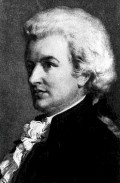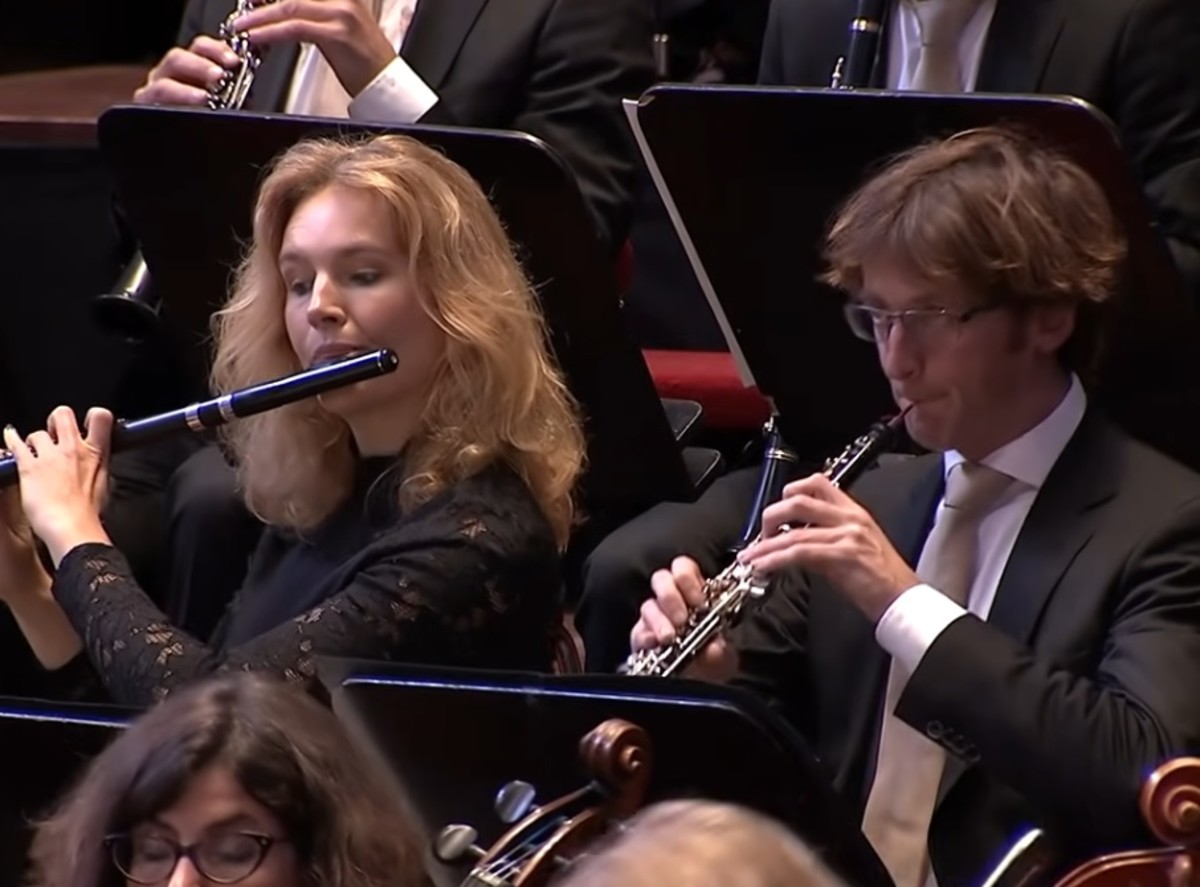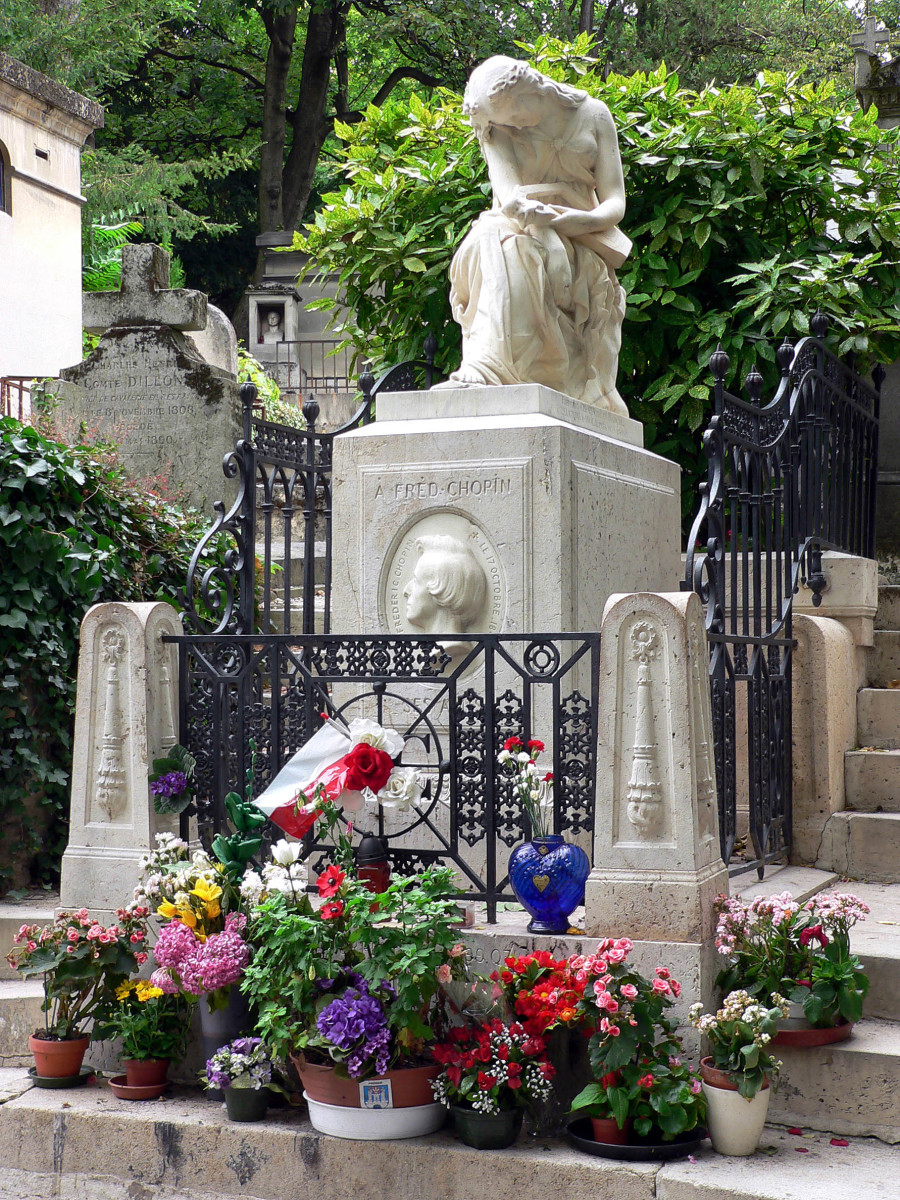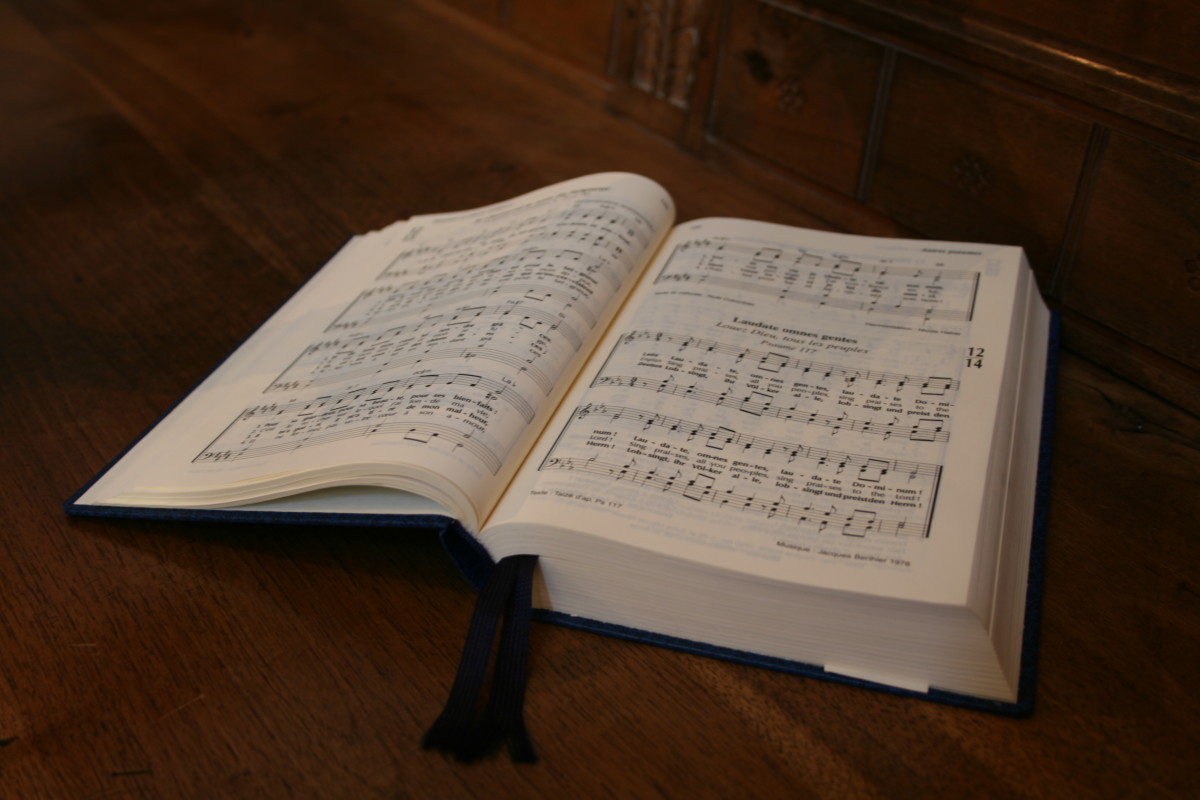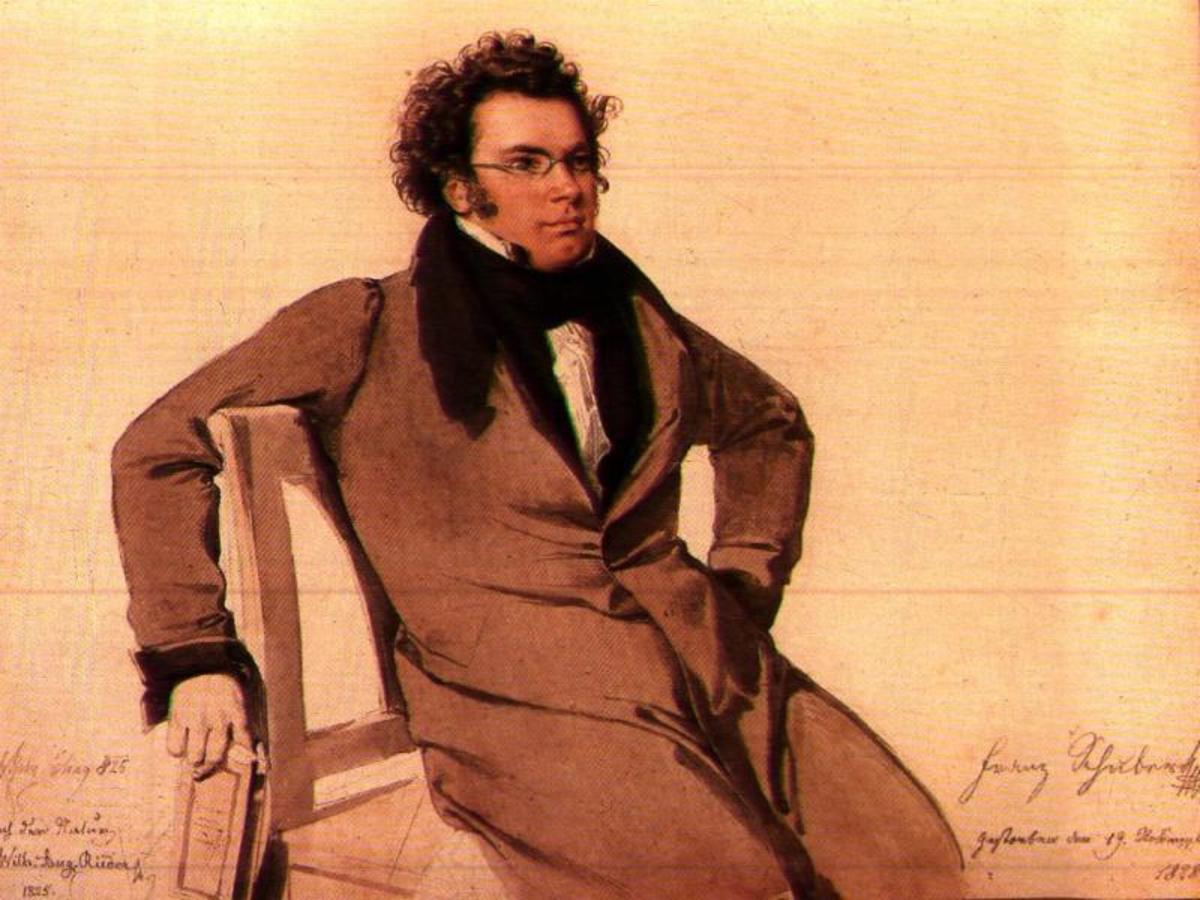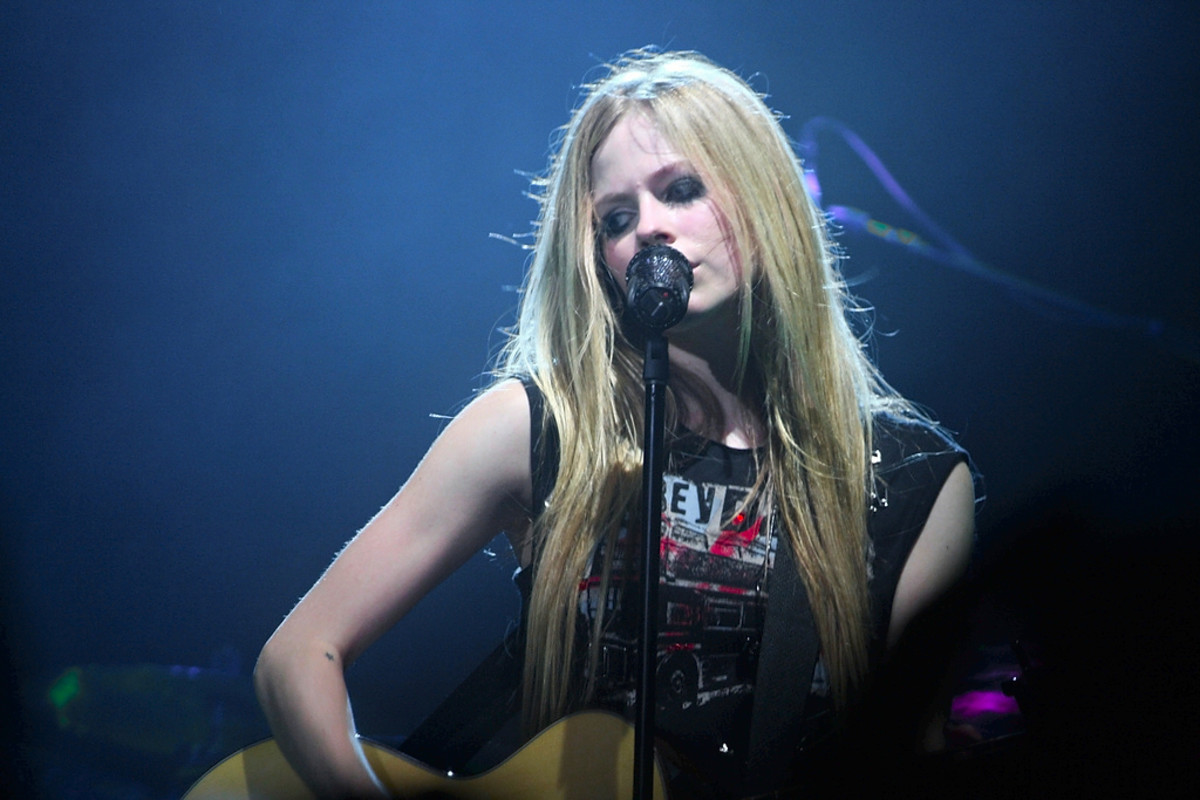Great Classical Music
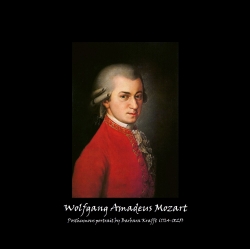
So what is Classical Music?
For most people Classical Music is a term coined by record companies to describe anything that doesn't come under the giant label of "popular music" but this misuse of the term classical music is a pet hate of mine. Classical music is not Liberace playing piano and it is not opera trained voices singing songs from the shows. It certainly isn't Tchaikovsky, Stravinsky or Debussy. No way is Purcell Classical, yet you will find all of these in the "classical" bins at record stores. This article is intended to put that right. It may not matter to anyone when they are buying CDs of MP3s of "classical music" that what they are buying is an fact not "classical" at all, but Renaissance, baroque, romantic, impressionist or modern; but this, to me, is like calling all popular music "rock" and including jazz, rap and folk under the same label. So what is Classical Music?
Your first clue is the intro image I have uploaded. This is based on a posthumous portrait of Wolfgang Amadeus Mozart by Barbara Krafft. The epitome of classical music and perhaps the ultimate classical composer was Mozart. Other names of note are C.P.E. Bach, J.C.Bach, Michael Haydn, Stamitz, Josef Haydn and early Beethoven. Brahms is often called a classical composer too but both Beethoven and Brahms were writing in a new, for some much more exciting genre called Romantic Music. (This has little to do with love and is best left to a different article.)
So what were the characteristics of Classical Music and who was writing it?
Classical Music Videos - Music by Classical Composers
You might enjoy exploring some of these favourite pieces of mine.
Mozart Flute and Harp Concerto
I love Mozart's Flute and Harp Concerto and I am sure you will too.

The Creation by Haydn
The Creation is an oratorio by Josef Haydn, a powerful and original piece.
Beethoven Piano Concerto
The Concerto is a form popular in both classical and Romantic Eras. Beethoven's 1st Piano Concerto is undoubtedly classical in style.

Hummel Trumpet Concerto
A modern trumpeter, a classical concerto!
Stamitz Clarinet Concerto
Carl Stamitz was a classical era composer who popularised the clarinet and wrote several clarinet concertos.
Brahms was called "the arch classicist" by some. His music straddles Classical and Romantic Eras, but he wrote some gorgeous big tunes. Listen to the one starting at 4 minutes 53 seconds. You might know it under a different name!
Classical Era in Music - The Characteristics of the Classical Era
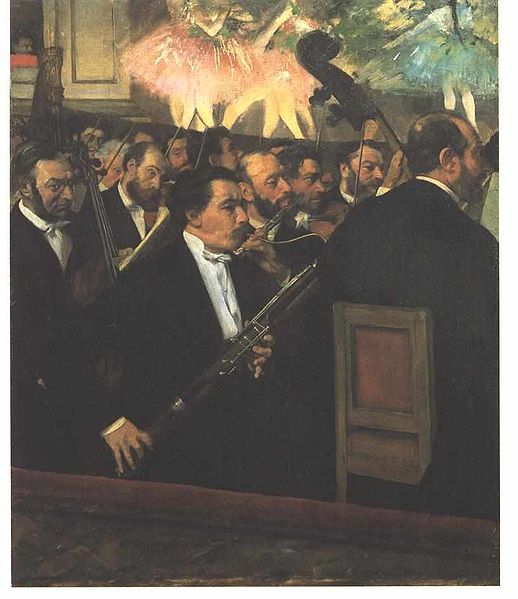
The chief developments of the classical era were sonata form, the symphony, the concerto, a much simpler style of music than had been popular in the Baroque era and the development of the orchestra as the main vehicle of instrumental expression.
Previously music had been mostly "contrapuntal" and what this means in terms of sound is that several tunes played simultaneously. That might take the form of a "fugue" (as in Bach) where the tune keeps coming in against itself and is developed along the way. The style is ornate and complicated. The style of the Classical Era was much simpler. A tune would be played with an accompaniment based on chords. The tune itself would be simple but would be developed in formal ways to be interesting. Sonata form involved introducing one simple tune (first subject) then another (second subject) in an "exposition". The tunes would then be developed in some way, sometimes by changing the length of notes or perhaps by changing the key of the tune and taking it through a whole series of key changes (modulations), perhaps taking part of the tune and making it into a new one. This would be the "development" section. Finally the first tune would be restated and an ending would be written. This is the "recapitulation".
This is my attempt at a simple explanation, so forgive any omissions, but basically a sonata is a lot simpler to follow and to understand than a fugue! The main instrumental forms of the Classical Era were the Symphony, the Concerto, the Sonata and the String Quartet. Sonata form tend to run through all of these in some way or another. Also the basic simplicity and "tasteful" quality of music by Mozart and Haydn lent it a refinement that was very much in keeping with the spirit of the 18th century and the "Age of Enlightenment".
As the main form of instrumental music became the symphony it was easy to see how the orchestra developed in this era. Patrons employed composers and they also employed their own orchestras to play the music. Orchestras were smaller than those today, but usually had set instruments so they were geared up to play the modern music of the day. The orchestra became formalised. In the Romantic Era the orchestras became much bigger and employed more and more new instruments as composers became more adventurous. The image is a painting by Degas which shows a small pit orchestra at the ballet, this is a Romantic Era venue, but the size is closer to Classical.
Music by Classical Composers - The main names in the Classical Era
Main players in the Classical period were Haydn and Mozart. Both were highly prolific composers and perfect masters of musical form, particularly the symphony which is the main musical development of the Classical era.
So I know about Classical Music. Where do I go to next? - Other "Classical" Music pages you might enjoy
Well, I promise you these are not Classical Music pages at all, but they definitely fall under that broad catch all classical label. I wrote them to be enjoyable, so please take a look.
- J.S.Bach - a Baroque composer and his most loved tune
Jesu Joy of Man's Desiring? is one of J.S.Bach's most well loved tunes. Firmly in the Baroque era here of course.... - Johannes Brahms - a Classical and Romantic composer
This page celebrates Brahms classical guitar music and includes Brahms guitar TAB. Brahms output was mostly for piano, violin, orchestra and voice - Russian Composers in Popular Music
Russian composers and pop music - it is hard to know where one finishes and another begins.Great Romantic and Nationalist composers and their big famous tunes were often "borrowed" by Tin Pan Alley. - Chopin - romantic piano tunes for other instruments
Do you love Chopin piano music? I do. I am a guitarist and love Chopin's music so much that I arrange Chopin piano music for guitar! Chopin is a favourite Romantic Era composer of mine. - Faure - Beautiful French Tunes
I love Faure's music - it is gorgeous - but have you heard Faure's best music? Faure's Aprs un rve is the ultimate in dreamy music! Definitely a Romantic Era composer. - Ralph Vaughan Williams - Modern Era British composer
I love Vaughan Williams so much I wrote a book about him! His music is rich and beautiful and influenced by English folk songs. - 20 Reasons to love opera
Love it or hate it opera has all the very best tunes! - Franz Liszt - the rock star of his day!
Franz Liszt was an amazing pianist as well as a Romantic Era composer and was pursued by female admirers like a 19th century pop star! He ended up taking religious orders to escape and was referred to as the "Abbe Liszt" Liebestraum is his most famou
Who is your favourite Classical Era composer? - Here is you chance to vote for some actual Classical music.
Think of music you have heard from the Classical Era. Who is your favourite composer?
As a youngster I studied music history, so this page has been simmering for some time. I do hope you enjoyed it and will explore the Classical Era for yourself. Thank you for visiting.

